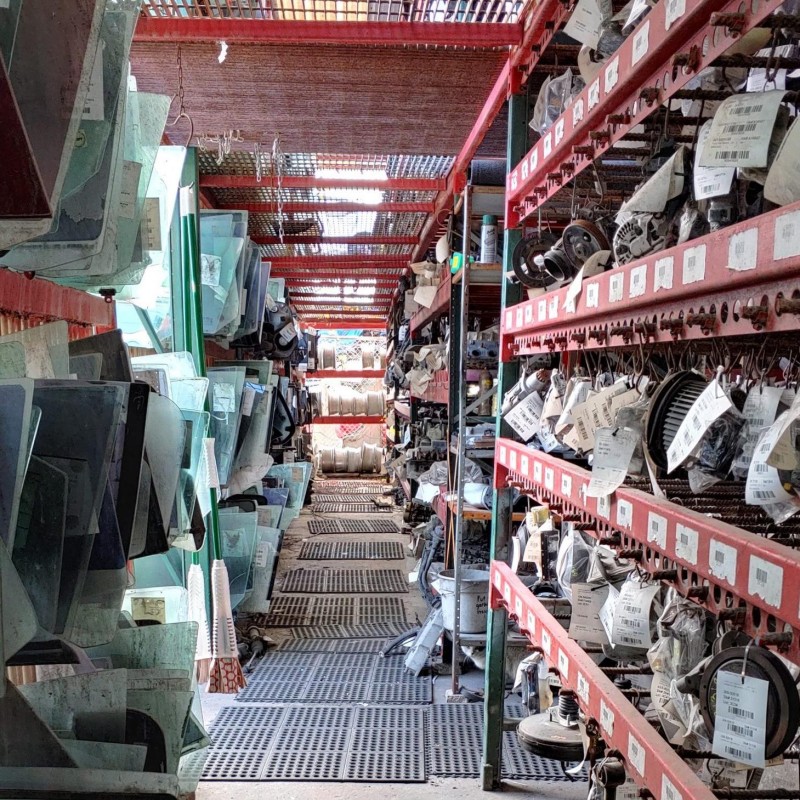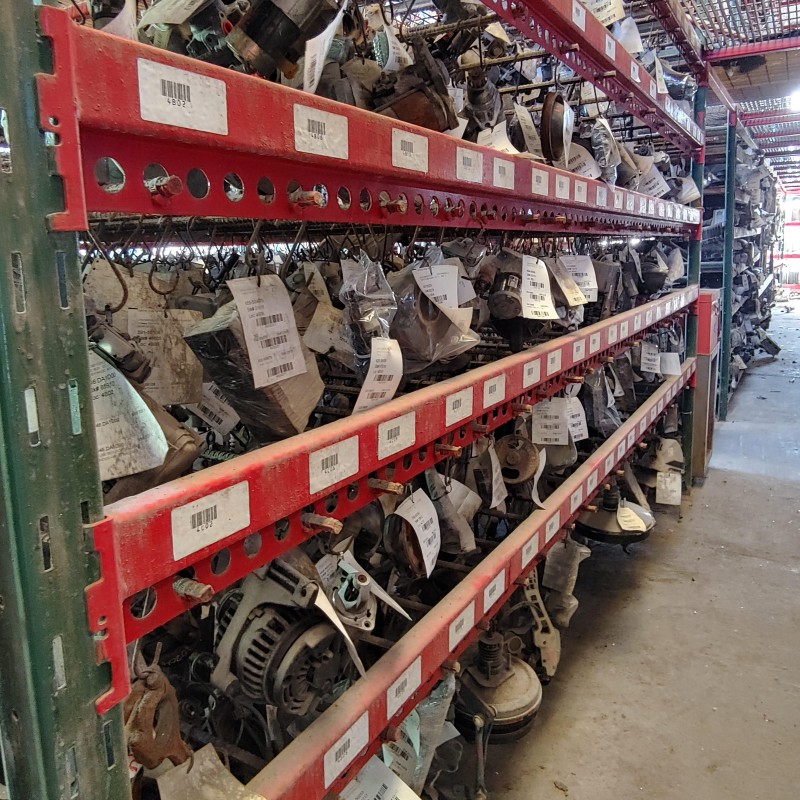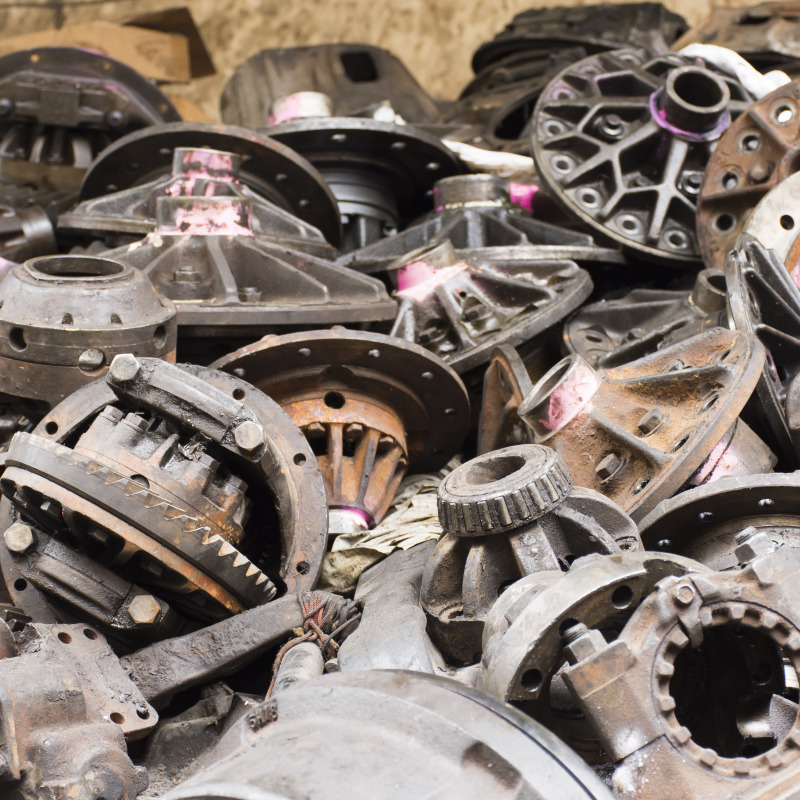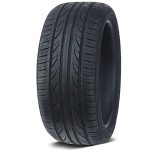Car repairs can be a daunting and expensive endeavor, especially when it comes to sourcing parts that will keep your vehicle running smoothly. For many vehicle owners, used car parts have emerged as a practical and cost-effective alternative to brand-new components. This trend has gained momentum over the years, as more drivers recognize the benefits of opting for good-quality pre-owned parts instead of paying steep prices for their new counterparts.
Used car parts offer a wide variety of choices that cater to different budgets while still maintaining functionality and reliability. Moreover, choosing used parts can also be an environmentally friendly option, contributing to the sustainability of automotive repair. However, buying used car parts comes with its own set of challenges and considerations that must be addressed. In this comprehensive guide, we will explore the benefits of using used car parts, where to source them, tips for ensuring quality, potential pitfalls, and the future of the used automotive parts market. By the end of the article, you will possess a wealth of information that empowers you to make informed decisions for your car.

Benefits of Using Used Car Parts
Many vehicle owners may hesitate to buy used car parts due to concerns about quality and longevity. However, the advantages of opting for these components often outweigh the drawbacks. Here are several key benefits associated with using used car parts:
Cost-Effectiveness
One of the most compelling reasons to purchase used car parts is the significant cost savings involved. New car parts can be prohibitively expensive, especially for older or less common models. In contrast, used parts are typically much more affordable. This cost efficiency allows you to allocate your budget toward other necessary repairs or improvements for your vehicle.
Availability of Rare Parts
For older cars or discontinued models, finding replacement parts can be a challenge. Used car parts provide access to a wide selection of hard-to-find components, making it possible to keep vintage vehicles running smoothly. Established salvage yards and specialty shops often stock extensive inventories of various makes and models, ensuring that you can find what you need.
Environmental Benefits
Choosing used car parts is an environmentally responsible decision. By opting for pre-owned components, you reduce the demand for new manufacturing processes, which consume resources and generate waste. Using recycled parts minimizes waste by extending the useful life of existing materials, contributing to a more sustainable automotive industry.
Quality and Reliability
Used car parts often come from vehicles that were in good working condition before being dismantled. Many suppliers inspect and test parts to ensure functionality before selling them. Thus, you can find high-quality components at a fraction of the new price. In some cases, parts that have been well-maintained may outlast their new counterparts, especially if they come from a reputable source.
Sources for Used Car Parts
Knowing where to find used car parts can significantly influence your experience and success in sourcing quality components. Below are some trusted sources, along with tips for making the most of your searches:
Salvage Yards
Salvage yards, also known as junkyards or auto recyclers, are among the most popular places to find used car parts. These facilities specialize in dismantling wrecked vehicles and selling their usable components. Here’s how to make the most of visiting a salvage yard:
- Explore the Inventory: Each salvage yard will have a unique inventory. Take your time to browse through cars to find what you need. Many yards even provide an inventory list of the vehicles they have available, saving you time.
- Bring Tools: Many salvage yards allow customers to pull parts themselves. Bringing your own tools will empower you to remove components efficiently. Just be sure to check with the yard regarding any rules or required safety gear.
- Ask Questions: Staff at salvage yards can often provide insights into the parts you’re looking for. They may also be able to guide you to vehicles that fit your needs.
Online Marketplaces
The digital age has made it easier than ever to find used car parts with just a few clicks. Here are popular online sources where you can find used parts:
- eBay: As one of the largest online marketplaces, eBay hosts various listings for used car parts. You can often find parts at competitive prices from individual sellers or established retailers.
- Craigslist: This classified ad platform allows users to post local listings for used car parts. Always take the time to meet in a public space and inspect items before committing to a purchase.
- Facebook Marketplace: The social media platform also features a marketplace where users can buy and sell items, including car parts. Engaging with local sellers can yield good deals.
Specialized Online Retailers
Several online retailers specialize in used and refurbished car parts, making the search process easier:
- Car-Part.com: This online database connects customers with thousands of salvaged vehicle parts from reputable suppliers across North America. Users can search based on make, model, and part type to find what they need.
- PartsGeek: An affordable provider of various auto parts, including used components. They offer extensive descriptions and images, allowing customers to feel confident in their purchases.
Dealerships and Certified Parts Resellers
While new car dealerships may seem like a less likely source for used parts, they often carry certified pre-owned components. These parts have been inspected and come with warranties, providing an extra layer of assurance.
- Manufacturer-Certified Parts: Many manufacturers have programs for sourcing certified used parts, especially for models that are still in production, allowing you to maintain manufacturer standards.
Local Auto Repair Shops
Local auto repair shops often have connections with salvage yards and parts distributors. Some may even sell used warranty-covered parts directly. Establishing relationships with local mechanics can open new avenues for obtaining quality used parts.

Evaluating the Quality of Used Car Parts
When buying used car parts, quality is paramount. In order to ensure that the components you purchase are reliable, consider the following evaluation criteria:
Visual Inspection
Start by performing a visual inspection of the part. Look for:
- Signs of Damage: Check for cracks, corrosion, or excessive wear. While a little dirt is expected, significant damage could indicate deeper issues.
- Compatibility Markings: Ensure that the part has any necessary part numbers or compatibility markings visible. This will help ensure it is the correct fit for your vehicle.
Warranty and Return Policies
Before purchasing, ask about warranty and return policies. Reputable sellers often provide warranties for their used parts. This is particularly important for components that may experience significant wear, such as:
- Engines and Transmissions: Given their complexity and cost, warranties on these items provide reassurance.
- Electrical Components: Parts like alternators or starters should come with a guarantee, given their crucial role in vehicle operation.
Research Seller Reputation
When buying used car parts online or from local suppliers, take the time to research seller reputations. Read reviews and customer experiences to identify trustworthy vendors. Additionally, consider:
- Accreditation: Check if the seller is accredited or part of an industry association, as this can indicate their commitment to quality.
- Feedback Ratings: For online marketplaces, assessing seller feedback can help you gauge customer satisfaction.
Ask Detailed Questions
When purchasing from a salvage yard or individual seller, don’t hesitate to ask detailed questions like:
- What condition was the car in before it was dismantled?
- How long was the part in use before being removed?
- Why was the part replaced or sold?
The answers to these questions can provide context for the part’s history and reliability.
Common Used Car Parts and Their Expected Longevities
Familiarizing yourself with common used car parts and their typical lifespans can help you anticipate replacement needs and understand the best choices for your vehicle.
Engines
A used engine typically lasts between 100,000 and 200,000 miles, depending on its original use and maintenance history. However, it’s essential to inquire about any documented history of service. Look for records of oil changes, flushes, and repairs.
Transmissions
Like engines, used transmissions can last 100,000 miles or more. When considering a used transmission, ask about its maintenance and whether it was serviced regularly. Signs of fluid leaks can suggest problems that might not be immediately apparent.
Suspension Components
From shocks and struts to control arms, suspension parts tend to experience wear over time. A good quality used suspension component may last anywhere from 50,000 to 100,000 miles, depending on driving conditions and maintenance.
Wheels and Tires
Used tires can provide reliable service but should be evaluated for tread depth and even wear. Ideally, you should purchase used tires that have at least half-life remaining, usually around three to five years of use.
Electrical Components
Used electrical parts, like alternators or starters, often undergo wear and tear but can function well for many miles. Many suppliers offer short warranties on these components, helping you assess their reliability.
Interior Items
From seat assemblies to dashboards, used interior parts can last a long time if properly maintained. Most non-mechanical interior components do not have defined lifespans like mechanical components and can often be replaced as needed.
Pitfalls to Avoid When Buying Used Car Parts
While buying used car parts can offer significant benefits, potential challenges exist. Knowing these pitfalls and how to avoid them can save you time and money.
Skipping the Research Phase
Not investigating a potential seller or part can lead to regrettable purchases. Take your time looking for parts that stand the test of time. Always conduct prior research on sellers and read reviews for peace of mind.
Ignoring Compatibility
Buying parts that aren’t compatible with your specific vehicle model can be a costly error. Always verify the part numbers, specifications, and fitment before completing a purchase to ensure compatibility.
Rushing the Purchase
Feeling pressured to make a quick decision often leads to mistakes. It’s essential to take adequate time surveying your options and asking the right questions. If you feel uncertain, walk away—good parts will be available again.
Overlooking Warranties
Failing to secure a warranty or guarantee can create problems in the long run. Always ask about warranties on used parts you consider buying. If a seller refuses to warranty a component, consider looking elsewhere.
Neglecting Inspection
Failing to inspect parts closely can lead to unpleasant surprises once installed. Before finalizing a purchase, inspect the item carefully for any signs of wear, damage, or potential issues that could arise.

Conclusion
In conclusion, understanding how and where to buy used car parts is crucial for any vehicle owner looking to save money without compromising quality or safety. Used car parts provide numerous advantages, including cost-effectiveness, availability of rare components, and environmental benefits. Additionally, knowing what to consider when purchasing these parts helps ensure you make informed decisions that will benefit your vehicle in the long term.
By exploring reputable sources for used car parts, evaluating quality, and understanding the common challenges, you can navigate the world of automotive repairs more confidently. Furthermore, staying informed about maintenance and checking part compatibility will help extend the life of your vehicle while keeping it running smoothly.
Ultimately, opting for used car parts not only supports sustainable practices but also empowers you as a consumer to make smart choices for your automotive needs. With this comprehensive guide, you are now well-equipped to embark on your journey in sourcing quality used car parts, leading to improved performance and a more economical approach to vehicle maintenance.

